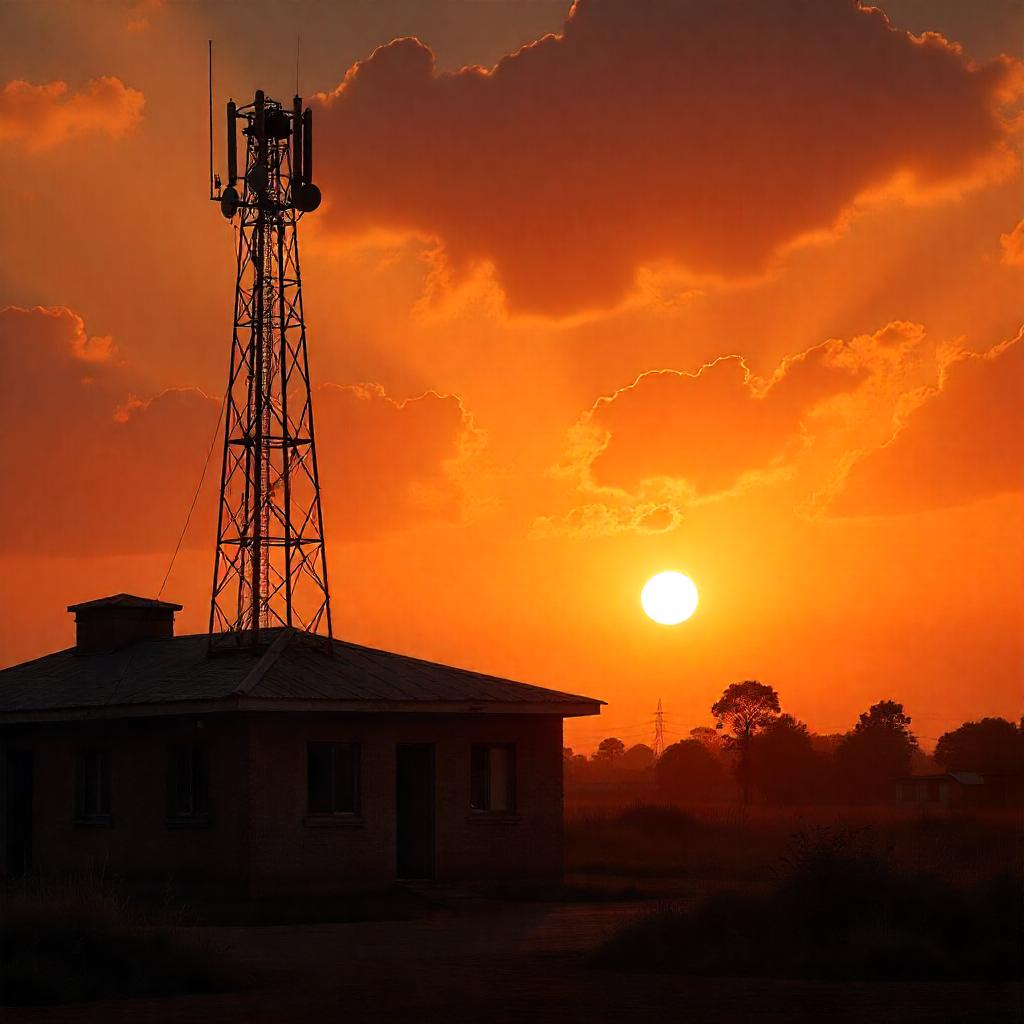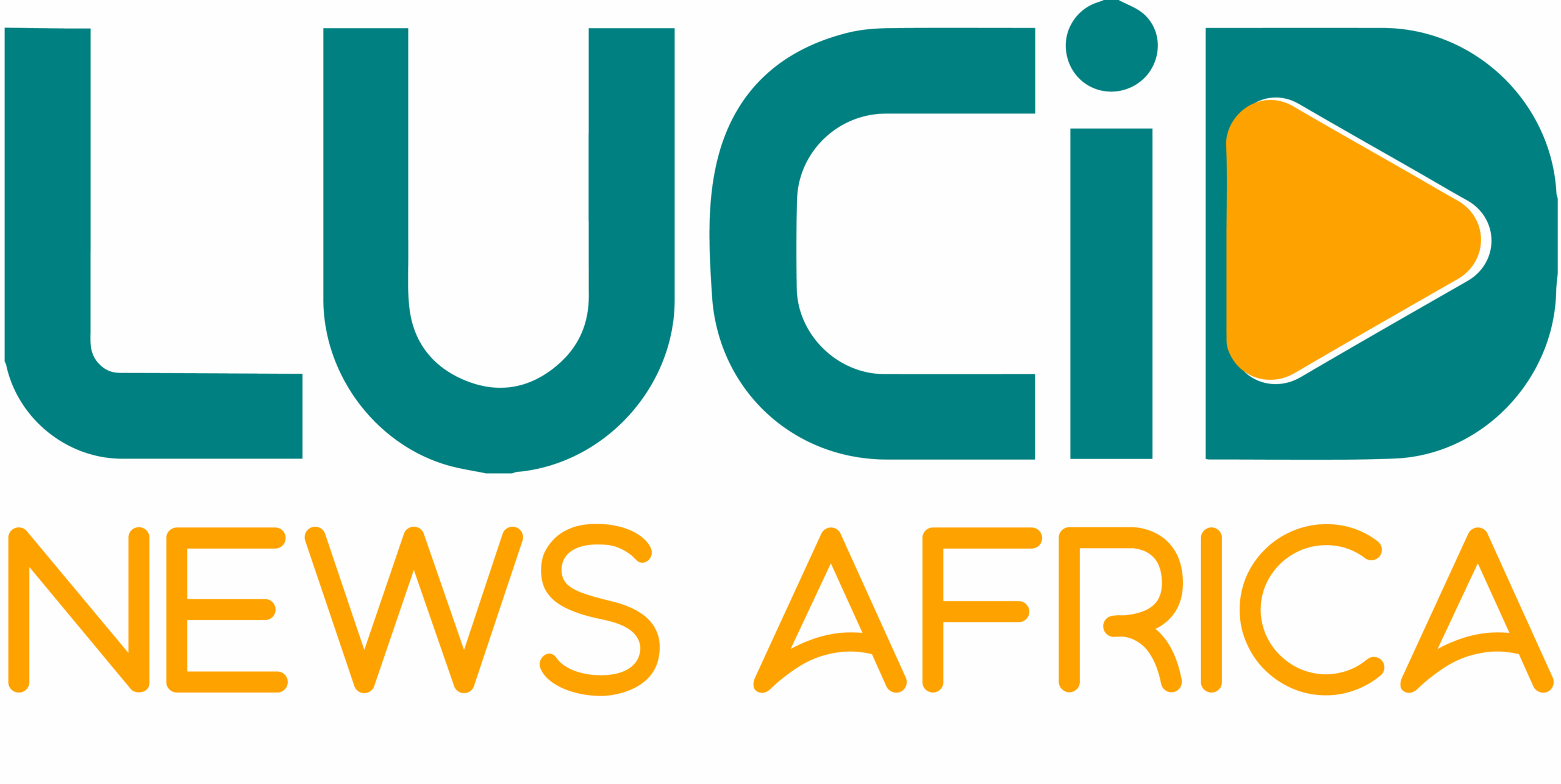Uganda’s media: A struggle for survival in a shrinking democratic space

Uganda’s media landscape stands at a critical crossroads, navigating a complex interplay of constitutional guarantees, restrictive legislation, and severe economic pressures. A recent report titled “Vulnerable Media, Struggling Democracy: A Critical Appraisal of Uganda’s Media Legal Framework” an initiative of the African Centre for Media Excellence (ACME), supported by the Ford Foundation paints a troubling picture. While the constitution ostensibly protects freedom of expression, its enforcement is increasingly compromised.
Led by Mr. Sulaiman Kakaire and Dr. Adolf Mbaine of Makerere University, the study reveals a worrying trend: media regulation is often used not to promote public interest journalism but to control and suppress it.
Constitutional guarantees vs. Restrictive legislation
Although Uganda’s constitution promises freedom of expression, these protections are steadily eroded by secondary legislation. The result is an environment that discourages critical journalism and civic discourse. This tension between strong legal guarantees and a shrinking democratic space defines Uganda’s current media climate.
A legacy of control: From colonial roots to modern laws
Uganda’s history of media control dates back to its colonial past. While Christian missionaries introduced the press in the early 20th century for evangelism, colonial authorities tightly controlled it, viewing it as a potential threat. Post-independence governments have continued this pattern, using both legal and extralegal means to suppress media freedom.
The 1995 Constitution guarantees freedom of speech and the press, but statutory laws have significantly undermined these rights. Key legal instruments affecting media operations include:
The Penal Code Act (Cap 120)
A colonial-era law, it was not originally meant to target the press, but its defamation provisions have been widely used against media houses, resulting in heavy financial penalties. Although sedition and “false news” clauses were repealed in cases like Charles Onyango-Obbo & Andrew Mwenda v. Attorney General (2004), their legacy still instills fear and encourages self-censorship.
The Computer Misuse Act (2011, amended 2022)
Increasingly used to restrict digital media, this law contains vague provisions like Section 25 on “offensive communication” and Section 26 on “false” or “malicious” information often used to criminalize legitimate journalism. Provisions on “unauthorized access” further hinder investigative reporting, especially into corruption. Civil society has challenged the constitutionality of several sections.
The Uganda Communications Act (2013)
This act created the Uganda Communications Commission (UCC), granting it broad powers over broadcasting, telecommunications, and online content. While intended to regulate the sector efficiently, the UCC’s directives on political content and sanctions have sparked accusations of censorship and political bias.
The Press and Journalist Act (Cap 105)
Although designed to protect press freedom, provisions on journalist accreditation (Section 31) and the establishment of the Media Council (Section 7) have been criticized for enabling government influence and selective accreditation—potentially marginalizing critical voices.
Other Restrictive Laws
A range of other laws—including the Regulation of Interception of Communications Act (2010), Anti-Terrorism Act (2002), Public Order Management Act (2013), Data Protection and Privacy Act (2019), and the Anti-Pornography Act (2014) contain clauses that, intentionally or not, can suppress journalistic activity and freedom of expression.
Beyond Law: Subtle Mechanisms of Control
Control over Uganda’s media extends beyond legal frameworks. Political interference in licensing, manipulation of state-linked advertising, and selective tax enforcement contribute to a culture of self-censorship.
Defamation Law: A weapon against journalists?
Uganda’s defamation laws are another key barrier to press freedom. Courts have trended toward strict liability and awarded disproportionately high damages. These lawsuits like Bigirimana v. The Monitor Publications and Kemigisha v. Red Pepper Publications—serve as cautionary tales, creating a chilling effect on critical reporting.
High-ranking public figures frequently initiate defamation suits, using the law to insulate themselves from scrutiny. Lawyer Eron Kiiza argues that this undermines the media’s watchdog role. The UN Human Rights Committee has urged countries not to penalize untrue statements about public officials unless made with malicious intent, and to support strong public interest defenses.
In the Bigirimana case, the court narrowed the public interest defense, ruling that interviews with MPs, if solicited and not made in the course of their official duties, could be deemed malicious. This discourages coverage of parliamentary matters and restricts access to information.
Journalists face a dilemma: verifying information is difficult when sources are controlled by those being reported on. Moreover, courts have not consistently upheld the protection of journalistic sources, despite both international and national legal recognition of this right.
Courts have also applied defamation laws broadly, often not requiring intent or direct reference to the plaintiff. Combined with severe financial penalties like the UGX 2 billion imposed on Red Pepper, these rulings threaten the sustainability of independent media.
Justice Muzamiru Kibeedi’s dissent in Bigirimana advocated for reform, suggesting that courts consider the actual reach of content, media house economics, and alternatives like court-ordered apologies.
The neoliberal squeeze: Media as business, not public good
Uganda’s media is deeply affected by global neoliberal policies that prioritize market competition over public interest. The Uganda Communications Act reflects this ideology, promoting deregulation and reduced government support.
Media is treated like any other business subject to general corporate laws, without special consideration for its democratic role. A veteran journalist has argued for subsidies and social security for journalists, but the government has yet to recognize media as a vital democratic institution.
Financial struggles are rampant, with many media houses dependent on delayed payments for government advertising. This economic fragility drives staff attrition and compromises editorial independence.
Debate persists on whether government support can be provided without compromising media freedom. Some argue that constitutional obligations require the state to support the media alongside political parties and civil society as pillars of democracy.
Digital divide and online repression
While social media once promised to expand civic space, this potential is stifled by poor infrastructure, weak policy enforcement, and aggressive regulation.
Digital exclusion
Uganda suffers from low internet access, poor network coverage, and high ICT costs. Only 49% of districts are connected to fiber optic cables, and just 47% have 4G coverage. Rural areas are hit hardest, with only 9% internet penetration. Most people rely on basic phones, limiting access to online media.
Policy gaps and weak enforcement
Government reliance on private ICT firms who lack incentives to serve poor or remote areas has worsened digital exclusion. The UCC has also failed to enforce a 2% levy on licensed operators, limiting funds for expanding access.
Surveillance and censorship
Repressive tools like the Computer Misuse Act, internet shutdowns during elections, and targeted arrests of online critics have created a climate of fear. These tactics suppress digital expression and hinder the development of democratic discourse online.
A systemic crisis in urgent need of reform
The report concludes that Uganda’s media crisis is not merely legal or economic it is systemic, embedded in the very structure of information production and access. Despite constitutional and international guarantees, press freedom remains under sustained threat.
Key Recommendations:
- Comprehensive legal reforms to align laws with international human rights standards, particularly regarding defamation.
- Strengthening the independence and accountability of regulatory bodies like the UCC.
- Public education campaigns to promote understanding of the media’s democratic role.
- Legal support for journalists, including stronger alliances between media and legal professionals.
- International collaboration on training, capacity-building, and institutional resilience.
A free, diverse, and independent media is essential to holding power accountable. The findings are a stark reminder of the urgent need for reform and of the vital role a robust press plays in any functioning democracy.




